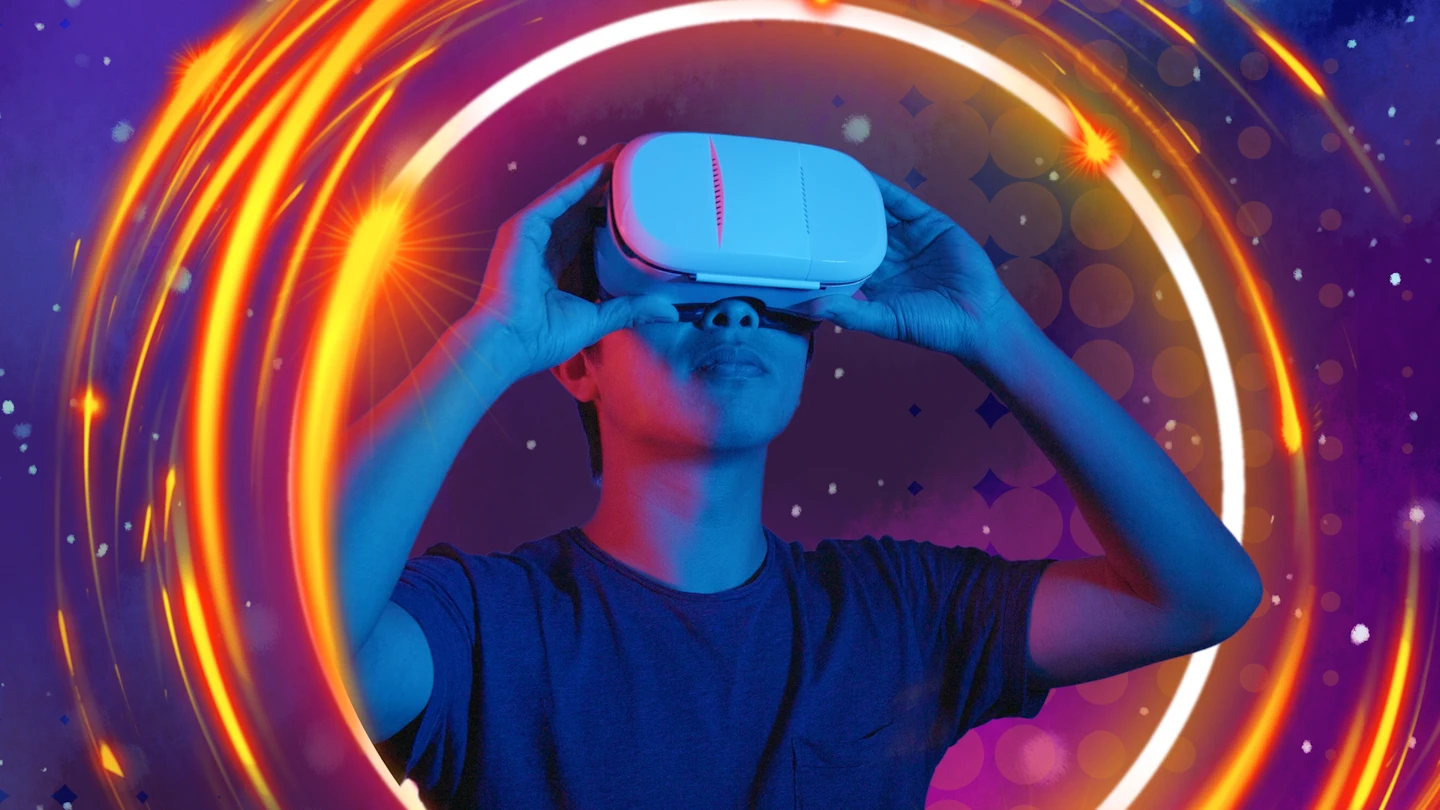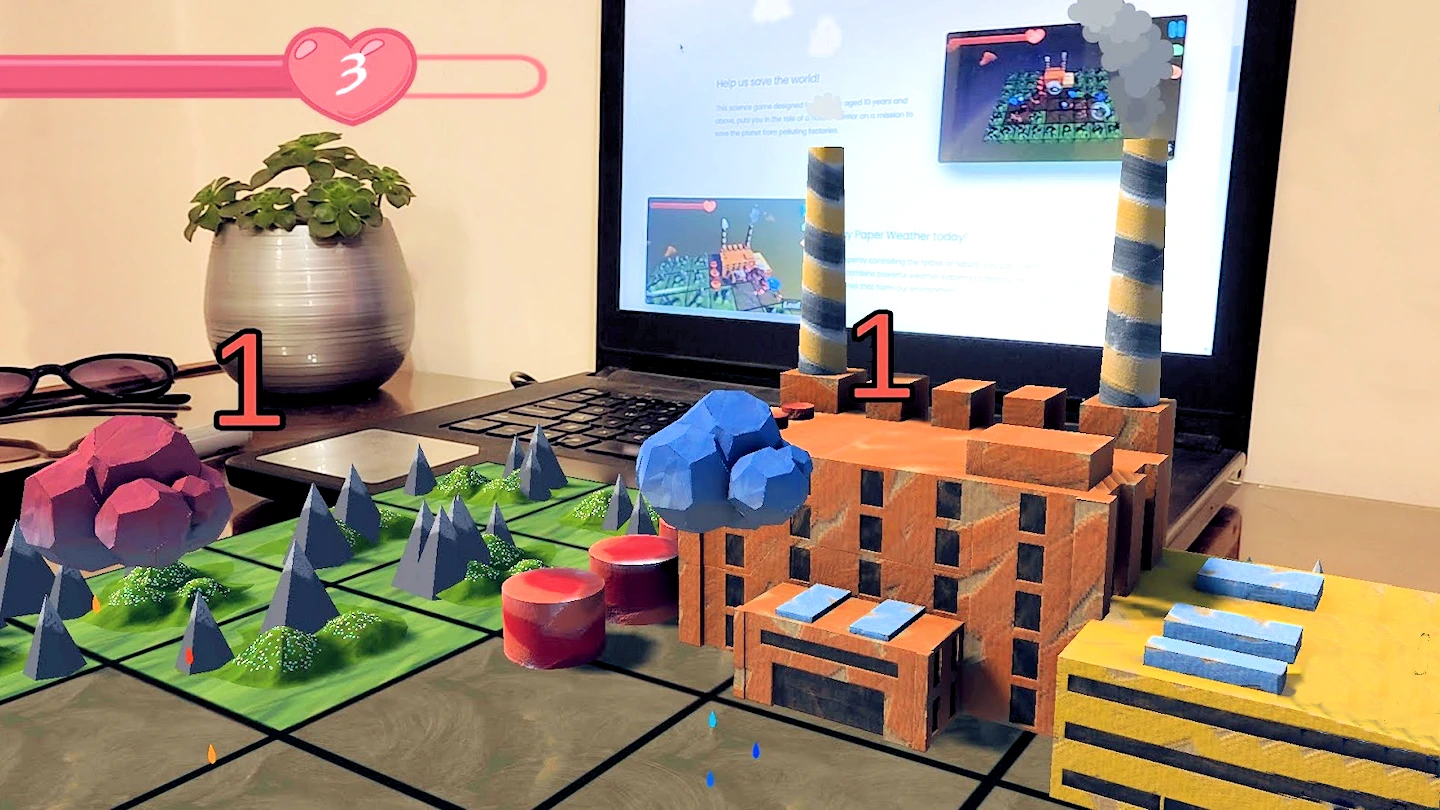In the digital transformation era, a notable alteration occurs in the conventional approaches used to assess children’s comprehension. The traditional pedagogical approach, “chalk-and-talk,” characterized by a one-way flow of information from the instructor to the pupils, is shifting steadily towards more participatory and engaging instructional methods.
Game-based assessments are innovative methods that harness games’ capabilities to evaluate children’s understanding. This article explores the notion of game-based evaluations and examines the reasons behind their increasing prevalence in the field of education.
Why Game-based Assessments?
- Engagement: Conventional assessments may induce monotony, resulting in diminished student attention. In contrast, game-based evaluations are designed to be captivating and enjoyable, ensuring students maintain their focus and commitment throughout the assessment.
- Real-time Feedback: Unlike traditional examinations, which may delay several days or weeks before receiving feedback, game-based assessments offer instantaneous responses. This enables pupils to comprehend their errors promptly and derive valuable insights from them.
- Holistic Assessment: Games have the capacity to assess a wide range of skills, encompassing problem-solving, critical thinking, teamwork, and communication. This offers a more holistic perspective on a student’s aptitudes.
How Game-based Assessments Work:
- Scenario-based Questions: Scenario-based questions are a pedagogical approach that deviates from the traditional format of direct questioning. In this method, students are provided with hypothetical situations or scenarios that need them to employ their acquired information and skills to advance or make informed decisions.
- Adaptive Difficulty: The concept of adaptive difficulty entails adjusting the difficulty level following the learner’s performance, providing a consistent state of challenge without overwhelming the student.
- Interactive Elements: The examinations in question include various multimedia components, such as movies, animations, and simulations, to enhance the immersive nature of the experience.
Benefits for Teachers, Students, and Parents:
- Teachers: Teachers can grasp each student’s unique strengths and areas of improvement, fostering tailored learning experiences.
- Students: Students benefit from interactive evaluations and immediate insights, enhancing their understanding and growth.
- Parents: Parents stay updated about their child’s academic journey, pinpointing areas requiring extra focus.
The Future of Game-based Assessments in Education
The Integration of VR and AR in Game-based Assessments:
The realms of Virtual Reality (VR) and Augmented Reality (AR) are not just limited to entertainment. In the educational sector, they play a pivotal role in transforming how students learn and are assessed. Here’s how:
- Immersive Environments: VR can transport students to different settings, from historical events to scientific simulations, making assessments more contextual and relevant.
- Interactive AR Elements: Augmented Reality can overlay digital information in the real world, turning physical objects into interactive learning tools. This can be used to create dynamic assessment scenarios.
Challenges and Considerations:
While game-based assessments offer numerous advantages, there are challenges to consider:
- Equity and Access: Ensuring all students have equal access to the necessary technology is crucial.
- Training for Educators: Teachers must be trained to use and interpret results from game-based assessments effectively.
- Balancing Fun and Learning: The primary goal remains education. Ensuring that the gaming aspect doesn’t overshadow the learning objectives is essential.
Case Study: Alter Learning Games
Alter Learning Games, highlighted in their blog, stands out as a stellar instance of the merger between game-based evaluations and the powers of VR and AR tech. They harness these cutting-edge tools to enhance thinking abilities and offer a comprehensive educational journey. Their method underscores the immense promise game-based evaluations hold in today’s education scene.
Looking Ahead:
The evolution of education is deeply connected to advancements in technology. As we continue on this path, the boundaries between instruction and evaluation will become increasingly indistinct, allowing students to learn even as they are being evaluated and vice versa.
Utilizing game-based evaluations, especially when paired with innovations like Virtual Reality and Augmented Reality, will be pivotal in steering this transformation. This approach makes learning more captivating and pertinent and heightens its efficacy.
Conclusion
Education is in flux, and game-based evaluations lead to this wave of change. By embedding gaming elements into our assessment strategies, we can craft a more immersive, holistic, and efficient means of gauging student comprehension.
For all stakeholders – educators, parents, and students alike – it’s imperative that we welcome this innovative era of assessment to harness the vast capabilities of our budding scholars truly.
Frequently Asked Questions:
What are game-based assessments?
Game-based assessments are evaluation methods that use game mechanics to test students’ knowledge and skills.
How do game-based assessments differ from traditional tests?
Unlike traditional tests, game-based assessments are interactive, provide real-time feedback, and evaluate various skills.
Are game-based assessments suitable for all age groups?
While they are particularly effective for younger students due to their engaging nature, they can be adapted for learners of all ages.
How do teachers benefit from game-based assessments?
Teachers better understand each student’s strengths and weaknesses, allowing for more personalized instruction.
Teachers better understand each student’s strengths and weaknesses, allowing for more personalized instruction.
Teachers better understand each student’s strengths and weaknesses, allowing for more personalized instruction.
Can parents monitor their child’s progress with game-based assessments?
Many game-based assessment platforms provide real-time progress tracking for parents to stay informed.



